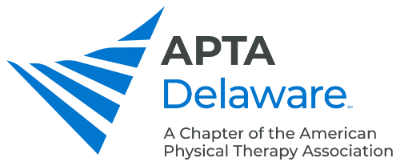Last night the U.S. House of Representatives released legislative language on Medicare extenders that are currently included in the continuing resolution (CR) to fund the government beyond the current February 8, 2018 expiration date. The good news is language to permanently repeal the hard therapy caps is included in the House bill. It would address this issue once and for all after more than 20 years of efforts.
However, we have serious concerns about some of the “pay-fors” in the proposed House CR package. Of particular concern is a proposal for a PTA and OTA payment differential to help off-set some (but not all) of the costs of repeal of the therapy cap. The proposal would require use of a modifier beginning in 2020 to denote when services are “completely or partially furnished” by a PTA or OTA. Beginning January 1, 2022 payment for services provided by a PTA and OTA would paid at 85% of the fee schedule. CMS would engage in proposed rule-making to further define and provide additional guidance prior to implementation.
The proposed differential is similar with the current 85% payment differential for services provided by physician assistants and nurse practitioners working under a physician, although their differential is based on supervision of the professional over the provision of services. The last-minute addition of the PTA/OTA payment differential is troubling as it was not part of any of the discussions or negotiations on Capitol Hill over the past year, nor was it included as part of the proposed package of pay-fors that were announced this past fall as part of the bipartisan, bicameral agreement.
In addition, the proposed House CR has items that impact home health. On the positive side it includes an extension of the home health rural add-on through Oct. 2022. It also includes a provision allowing home health medical records to be used to determine eligibility for home health services, and the ability for home health providers to enter into a voluntary settlement with the Department of Health and Human Services over disputed Medicare claims. However on the flip side it includes a transition to a 30-day unit of payment for home health services from the current 60-days unit of payment starting in 2020, and requires the FY 2020 market basket update for home health agencies to be reduced to a 1.4 percent update.
The House is voting tonight on the CR proposal and it will likely pass, so our best chance to modify the language will be in the Senate. We are currently working with AOTA to determine potential options once the bill goes over to the Senate.
I would stress that this continues to be a very fluid situation. The House bill include policies (unrelated to Medicare) that are extremely difficult for the Senate to support, so we do not expect the House bill as currently written to be enacted into law. There is still a good deal of disagreement between the Senate and the House, and there is still potential for yet another government shut-down.
We will keep you updated on all the twists and turns over the next 36 hours.
